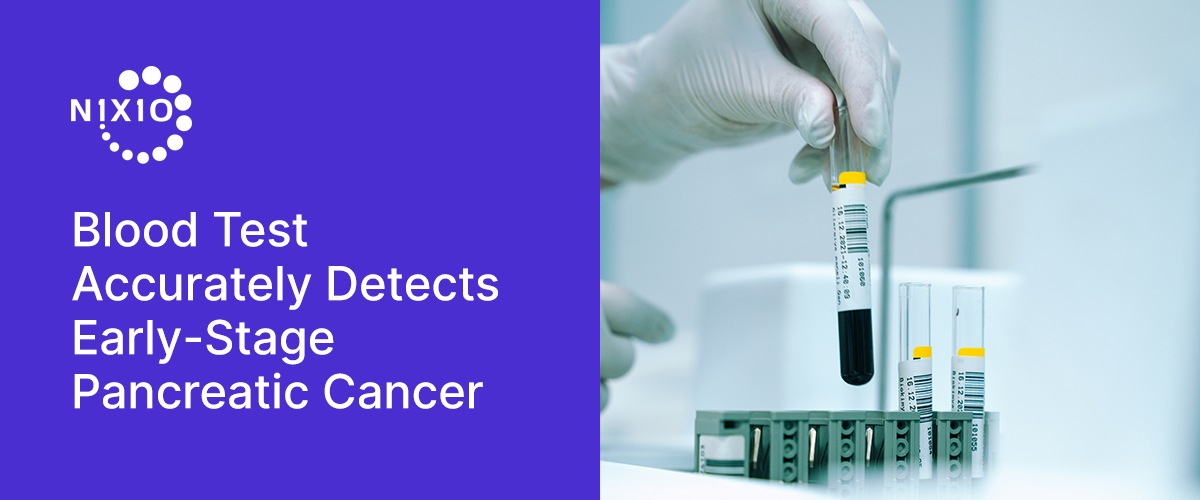For the vast majority of people with pancreatic cancer, their cancer is found when it has already crept into other organs and can’t be removed with surgery. That’s because early-stage disease doesn’t cause obvious symptoms, and there aren’t any reliable tests to check for it. If caught earlier, however, chances of living for 5 years after its diagnosis are much higher: 44% for early-stage disease versus 3% for late-stage disease.
Scientists have developed a blood test that can accurately detect early-stage pancreatic cancer, according to results from a large study. The test is a liquid biopsy, a type of test that uses blood or other bodily fluids to detect or monitor cancer. The blood test, developed by Ajay Goel, Ph.D., of City of Hope Duarte Cancer Center in California and his colleagues, analyzes small bits of RNA released by tumors. For more than a decade, researchers have been studying whether microRNAs—a type of RNA—can be used to detect cancer. MicroRNAs are ideal molecules for cancer detection because they are abundant and stable in the blood, and tumors release loads of them. Some of those microRNAs are floating freely, while others are packaged in tiny sacs called exosomes.
Free-floating microRNA differs from exosome-packaged microRNAs: it is easy to measure the former, but it’s hard to tell where in the body they, and therefore, the cancer, came from. Exosome-packaged microRNAs, on the other hand, offer something free-floating ones don’t: a kind of ZIP code. Each organ in the body releases exosomes stamped with a unique mark, Dr. Goel explained. By looking at those markings, the team can tell if exosomes in the blood came from the pancreas, he said. The free-floating microRNAs can detect a cancer, the exosomes pinpoint its source, he said.
The new study, which included nearly 1,000 people from several countries, showed that the test accurately detected early- and late-stage pancreatic cancer in a large and diverse group of people. When the researchers combined their blood test with one that detects the tumor marker CA19-9, the combination accurately identified 97% of people with early-stage pancreatic cancer. High accuracy means that a test is not only good at flagging those with cancer but is also good at not flagging those who don’t have cancer.
People with cancers “that share common mutations with pancreatic cancer, such as lung and colorectal cancers” should also be included in future studies, said Howard Crawford, Ph. D., scientific director of the Henry Ford Pancreatic Cancer Center in Michigan, who wasn’t involved in the study. That would ensure the test is picking up signals specifically from pancreatic cancer and not another type of cancer, he explained. And, ultimately, the only way to know if a cancer screening test truly benefits patients is if it reduces deaths from cancer in a randomized clinical trial.


